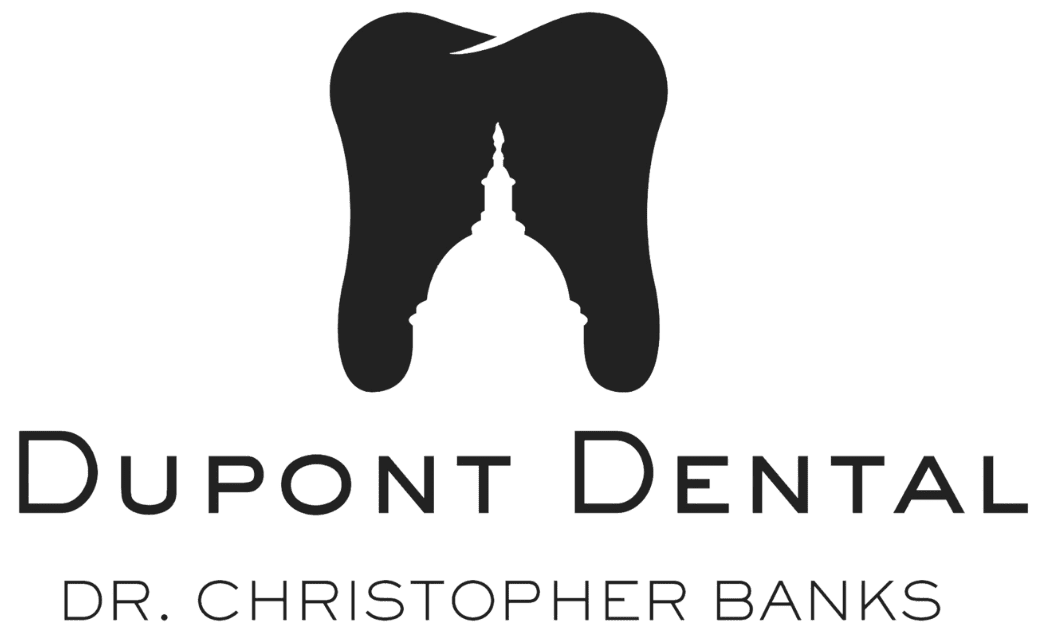A dental bridge is a common and effective solution for replacing missing teeth. It could not only restore your smile but also help maintain the structure of your face and the alignment of your bite. But a dental bridge needs consistent care to stay in good condition and function properly. Whether you’ve recently had a bridge placed or have had one for some time, proper aftercare is important for long-term success and oral health. Washington, DC dentist Dr. Christopher Banks has the top tips to keep your bridge in good shape.

Maintaining Your Dental Bridge
After you get a bridge from Dr. Banks, you want to make sure you care for your new restoration. At-home care and in-office treatments are the best ways to help your bridge last. Below are some of the best tips to follow to maintain your bridge.
Practice Excellent Oral Hygiene
One of the most important aspects of dental bridge aftercare is maintaining excellent oral hygiene. While the artificial tooth itself won’t decay, the supporting natural teeth are still vulnerable to cavities and gum disease. If these teeth become compromised, the entire bridge can fail. Brush your teeth at least twice a day with fluoride toothpaste and use a soft-bristled toothbrush to protect the bridge and the surrounding teeth.
It’s also crucial to floss daily, especially around the bridge area. Since a dental bridge is fixed in place, traditional floss might not be effective. Special tools like floss threaders or interdental brushes can help. They allow you to better clean underneath the false tooth (pontic) and around the supporting teeth, where food particles and plaque often accumulate.
Be Mindful of Your Diet
What you eat plays a significant role in how long your dental bridge lasts. Sticky or overly hard foods can put unnecessary stress on the bridge, potentially causing damage or loosening the structure. Try to avoid chewing ice, hard candies, and popcorn kernels. Sticky foods like caramel or chewing gum can dislodge or tug at the bridge, weakening the bond over time.
Opt for a balanced diet that supports oral health. Foods rich in calcium and vitamin D promote strong bones and teeth. Fruits and vegetables help stimulate saliva production, which naturally cleans your mouth. We also recommend that you drink plenty of water. Staying hydrated helps rinse away food particles and maintain a healthy oral environment.
Schedule Regular Dental Visits
Routine dental check-ups are essential for anyone with a dental bridge. During these visits, Dr. Banks will assess the health of your gums and supporting teeth. He’ll also check for any signs of decay or damage, and ensure that the bridge remains secure and properly fitted.
Professional cleanings are also important because they remove plaque and tartar that you might miss when you brush and floss. These appointments are a chance to catch potential issues early, such as gum recession or signs of infection, before they become more serious. Dr. Banks might also recommend specialized cleaning tools or techniques tailored to your specific bridge type.
Be Aware of Any Changes
Pay attention to how your bridge feels in your mouth. If you notice any changes, such as looseness, discomfort, or sensitivity, it’s important to contact your dentist promptly. These could be signs that the bridge has shifted or that the underlying teeth are experiencing issues.
Ignoring these warning signs can lead to more serious problems, such as decay, infection, or the need for bridge replacement. If you have chronic bad breath or a persistent bad taste in your mouth, it might be a sign that bacteria are accumulating around or beneath the bridge. Please call Dr. Banks as soon as you notice these changes. He’ll examine your bridge and may recommend a professional cleaning.
Adopt a Gentle Yet Consistent Routine
Your mouth may feel different at first after you get your bridge, and you might be tempted to avoid using the area. But you want to use your bridge as you would your natural teeth to keep the surrounding structures strong and functional. At the same time, be gentle and consistent with your care routine.
Over time, your mouth will adjust to your new restoration.The bridge will feel like a natural part of your smile.
Dental Bridge Care in Washington, DC
At Dupont Dental, your oral health is our top priority. A dental bridge could help restore your bite after tooth loss and prevent worsening conditions. With proper care, you could enjoy a healthier smile for many years. Contact our office today to schedule a consultation and learn more about your restorative dentistry treatment options.
